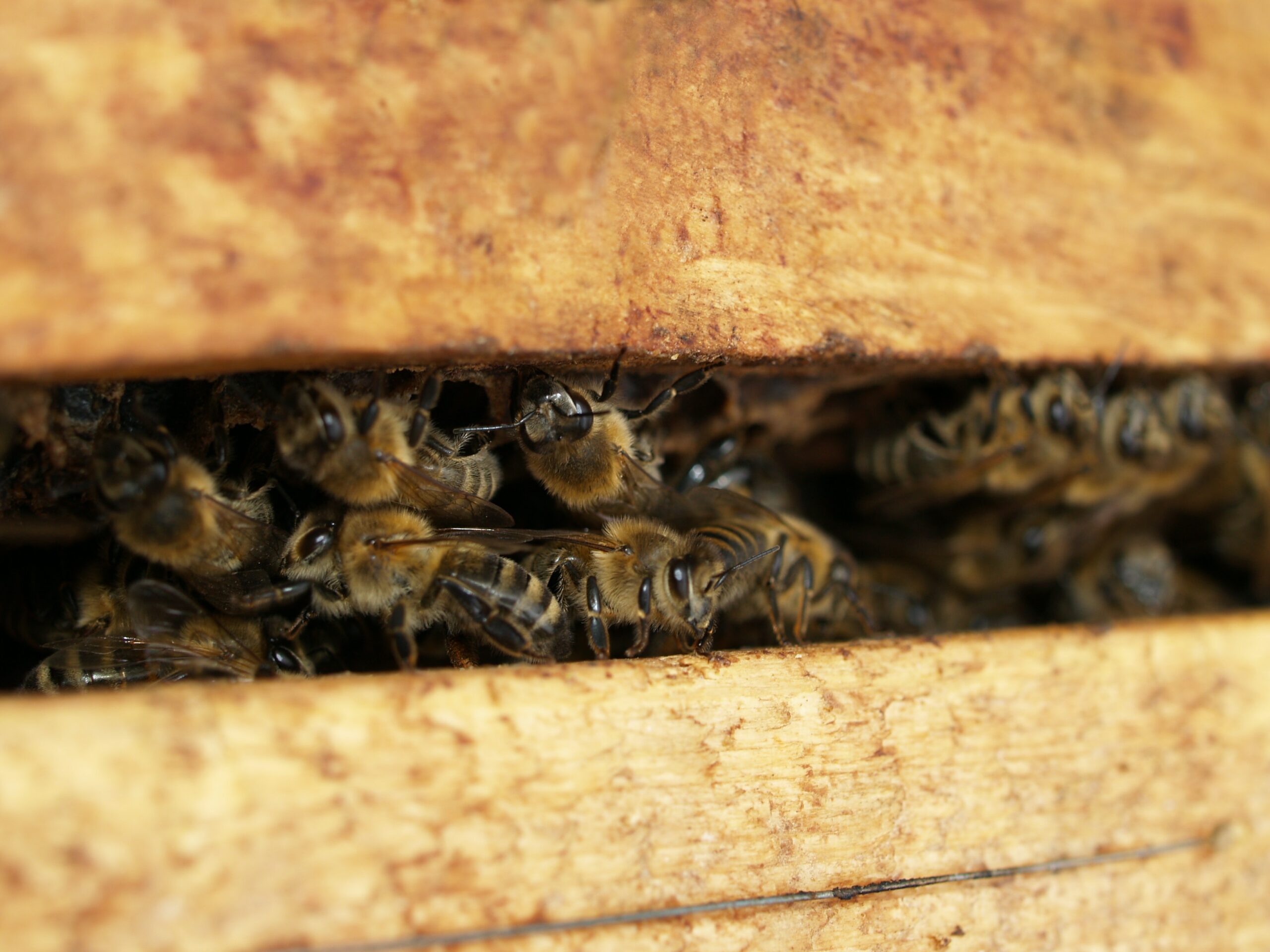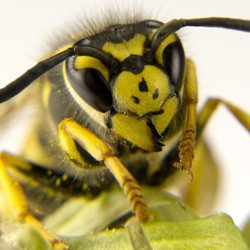Why Do These Bugs Come Out in Late Summer?
Stinging insects can be seen all spring and summer long, but it is generally not until the late summer and early fall that they become a major nuisance for business owners. In the late summer, stinging insect colonies are well established and all of the workers are out foraging for food. They need to collect enough food to feed themselves, the queens, and to make sure that queen has enough food for overwintering. All this increased activity results in an increased threat of coming into contact with a stinging insect.
During this foraging period, the colony workers can become agitated and aggressive and can sting without much cause or warning. They are also much more likely to be buzzing around and getting into areas they haven’t been before. All of this increased activity can be bad news for your business; nothing will drive away your customers like a swarm of stinging insects around the entrance of your establishment.
In late summer, the queens are also working overtime to produce eggs that will turn into new queens and males. Once the eggs are mature, the adults will leave the colony to mate. Then, the new queens will create nests of their own nearby to overwinter in and to establish colonies of their own next spring. This activity will produce a lot of new nesting areas on your property since they tend to not stray too far away from their original nest.
How to Protect Your Business From Stinging Pests
As a business owner, there are many species of stinging insects you need to be aware of so you can protect your property. Common stinging insects include yellow jackets, paper wasps, honey bees, carpenter bees and bumblebees. Depending on the species, these pests may nest in the ground or in trees near the entrance of your business. They may also get inside your building. Inside they tend to nest in wall voids, attic spaces, and crawl spaces. Carpenter bees will create holes in untreated wood in and around your facility leading to costly structural damages. While these insects may be environmentally beneficial, having them nest close to or in your property can be detrimental.
Control measures should be taken in order to prevent you, your employees and customers from being stung by a bee, wasp or hornet, and potentially suffering from an allergic reaction. Some things you can do around your property to prevent stinging insects include:
- Make sure the grass on your business property is dense and healthy; this will deter ground-nesting insects.
- Paint and stain untreated wood.
- Remove garbage frequently. Keep trash cans covered, placing trash storage areas away from the exterior of your building.
- Make sure cracks and crevices are sealed in your building’s foundation and caulk gaps around windows and doors.
- If possible, try to keep flowering plants and other landscaping to a minimum around entrance areas to your facility.
The best way to treat an existing problem with stinging insects, and prevent future problems, is to get help from a professional. A pest management professional will be able to safely eliminate stinging insects from your facility and provide you with services to prevent future issues. Keeping stinging insect populations under control will give both you and your customer peace of mind.
Feature Photo by Johann Piber from Pexels


